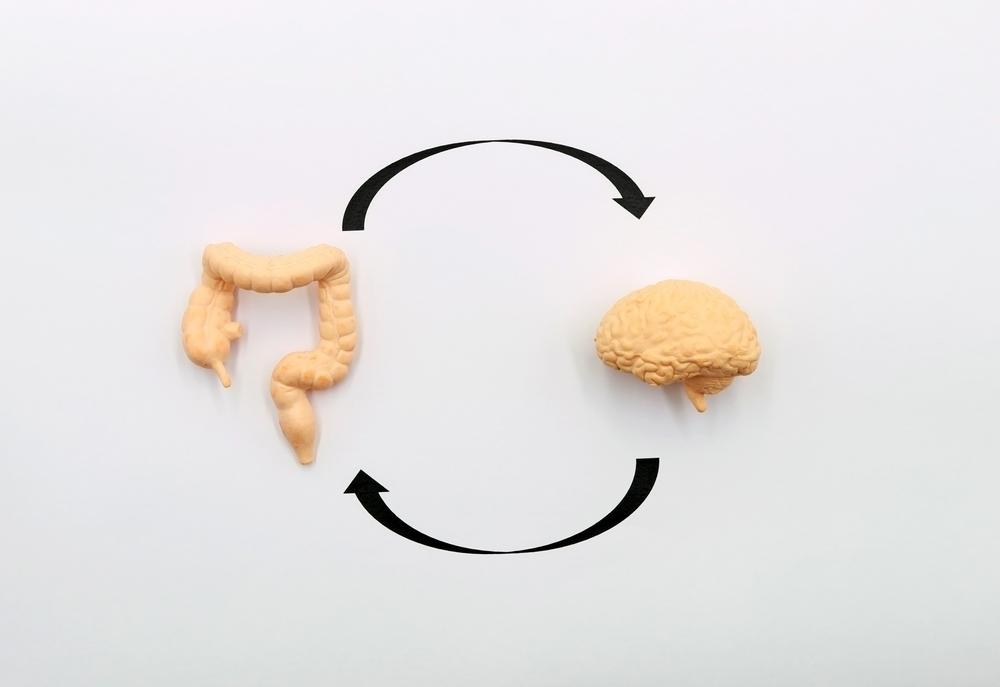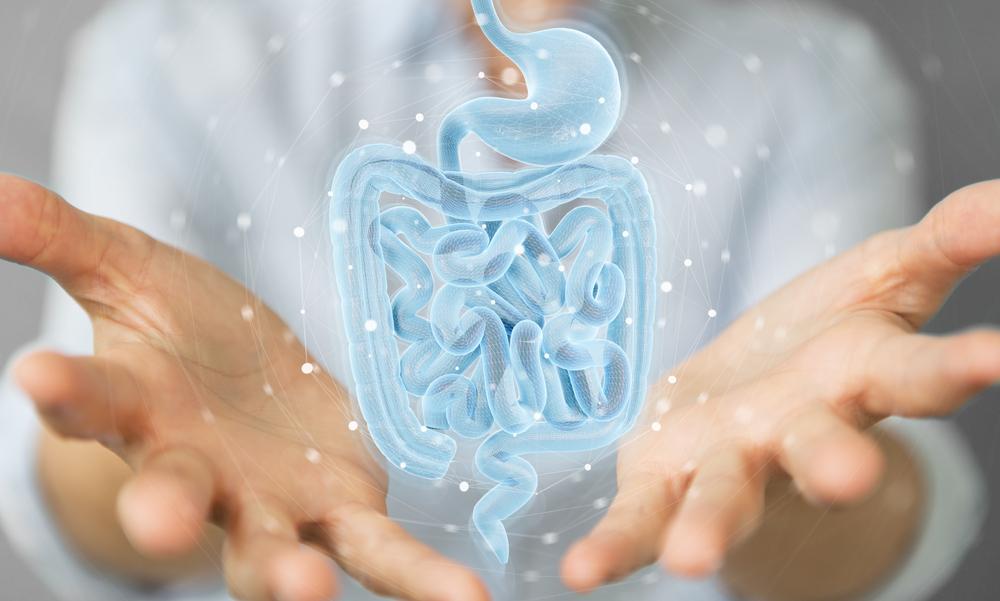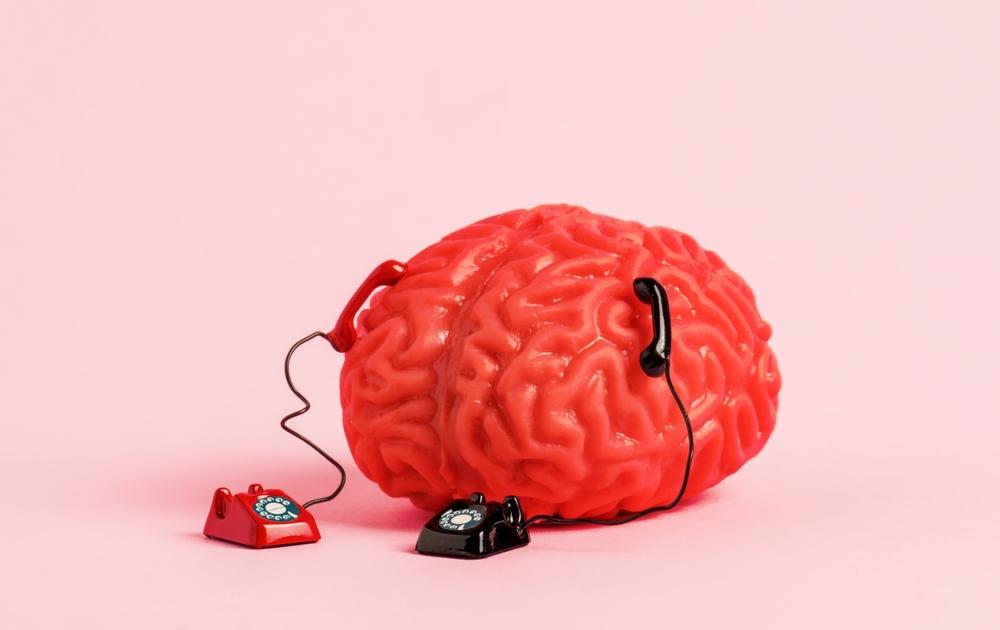In today’s fast-paced and demanding world, stress has become an integral part of our daily lives, seemingly impossible to avoid. Although stress is commonly associated with its impact on mental and emotional well-being, recent research has revealed its profound implications for physical health, specifically in relation to the intricate connection between stress and stomach health.
The stomach, a vital component of the digestive system responsible for food processing and nutrient absorption, plays a crucial role in maintaining overall well-being. However, chronic or intense stress can disrupt this delicate balance, leading to a wide range of gastrointestinal problems. Recognising and comprehending the complex dynamic between stress and stomach health is essential for safeguarding our overall wellness.
This article dives deep into the fascinating correlation between stress and stomach health, understanding how stress influences the gastrointestinal system. By exploring the mechanisms and potential repercussions of stress on the stomach, our objective is to provide insights into the significance of stress management and its role in fostering a healthy gut.
Embark on this enlightening exploration as we uncover the captivating relationship between stress and stomach health with some food suggestions that can benefit your gut health.
Setting the digestive stage
The abdominal cavity of the human body houses the gut, which is alternatively referred to as the gastrointestinal tract or digestive system. Extending all the way from the mouth to the anus, it encompasses a series of organs that include the esophagus, stomach, small intestine, large intestine (colon), rectum, and anus.

The gut-brain connection
The gut-brain axis (GBA) is a communication system that connects the brain’s emotional and cognitive centers with the functions of the intestines. It involves two-way communication between the central nervous system and the enteric nervous system. Exciting new research in the Journal of Clinical Investigation (2015) has emphasized the role of gut microbiota in influencing these interactions. The interaction between the microbiota and GBA works in both directions, with signals traveling from the gut microbiota to the brain and vice versa through various pathways involving nerves, hormones, immune factors, and body fluids.

Enter the Enteric Nervous System (ENS)
The enteric nervous system (ENS) is a specific part of our body’s nervous system that exists in our digestive system, including the esophagus, stomach, intestines, and colon. It’s often called the “second brain” because it can operate somewhat separately from the brain in our head.
The ENS manages crucial functions in our gastrointestinal tract, such as regulating the movement of food through the intestines, coordinating the release of digestive enzymes, and controlling the contraction of muscles involved in digestion. All of these processes tend to happen automatically, without conscious effort.
Made up of millions of interconnected nerve cells called neurons, the ENS communicates through electrical signals and chemical messengers called neurotransmitters. These neurons interact with each other and the rest of our body.
While the ENS communicates with the brain, experts believe it also has the ability to function independently, making decisions and influencing digestion. It can detect changes in the digestive environment and respond accordingly to ensure everything runs smoothly. In essence, the enteric nervous system is a specialised component of our nervous system that regulates important functions in our digestive tract.
“While the ENS communicates with the brain, experts believe it also has the ability to function independently, making decisions and influencing digestion.”

Butterflies in the stomach?
The gastrointestinal tract holds secrets to our emotional states, unveiling a remarkable sensitivity to a range of feelings including anger, anxiety, sadness, and euphoria. These emotions have the power to awaken gut symptoms, revealing the profound influence of our emotional landscape on our digestive system.
If you’ve reached this point of reading, you’re probably able to deduce that the brain wields direct control over the intricate workings of the stomach and intestines. For example, the mere thought of eating can trigger the release of gastric juices even before food arrives. This fascinating connection operates bidirectionally, as an unsettled intestine can send distress signals to the brain, just as a troubled mind can relay its turmoil to the gut. This explains the theory behind distress experienced by one’s stomach or intestines may serve as both the root cause and the consequence of anxiety, stress, or depression. This symbiotic relationship between the brain and the gastrointestinal (GI) system highlights their close connection.
Keep your friends close, and your gut closer
Below are some foods that can potentially benefit your gut health:
Fermented foods
Some of these fermented food options boast an abundance of lactobacilli, a beneficial strain of bacteria that can contribute to your overall well-being.

Prebiotics
Prebiotics are a type of dietary fiber that serves as a source of food for beneficial bacteria in the gut. They are essentially food for probiotics, which are the beneficial bacteria residing in our gastrointestinal tract. Even though humans are unable to prebiotic fiber, good gut bacteria can digest them for you. Prebiotic-containing food:

Polyphenol-rich foods
Eating polyphenol-rich foods may improve your gut health. Below are some polyphenol-rich foods:

The interplay between stress, the brain, and the stomach highlights the undeniable connection between mental and physical health. Understanding and addressing this link helps us better understand the importance of holistic approaches for overall well-being.
Source: WebMD, Healthline, Mayo Clinic, Cleveland Clinic, Harvard Health
Reference: Mayer, E. A., Tillisch, K., & Gupta, A. (2015). Gut/brain axis and the microbiota. Journal of Clinical Investigation, 125(3), 926–938.












